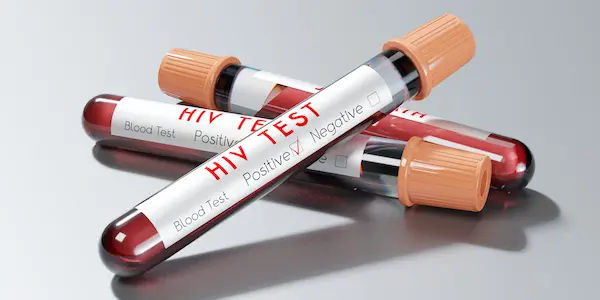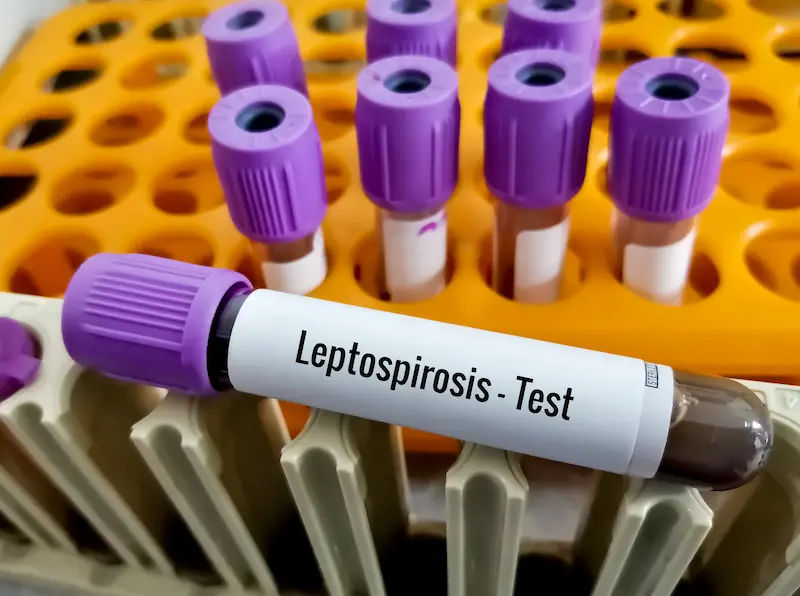- Female
- 26 Years
- 29/01/2025
Could I get rabies from a rat bite? I went ahead and got a tetanus shot, but I didn't receive an anti-rabies shot. Should I be worried about not getting the rabies vaccine?
Answered by 1 Apollo Doctors
Your Symptoms
- Intermittent brain vibrations: Episodes occurring sporadically, with increased frequency when trying to sleep or read.
- Sleep disturbances: Difficulty sleeping for 3-4 hours after an episode.
- Cognitive fogginess: Feeling mentally "jammed" the next day.
Possible Causes
- Stress and fatigue: Intensive studying and inadequate sleep might contribute to your symptoms.
- Anxiety or stress-related disorders: Conditions like anxiety, depression, or burnout could be underlying factors.
- Neurological conditions: Less likely, but possible conditions include benign intracranial hypertension, migraines, or sensory seizures.
Consult a Doctor
- Primary care physician: Start by consulting your primary care physician to rule out underlying medical conditions.
- Neurologist referral: If your primary care physician suspects a neurological condition, they may refer you to a neurologist.
Interim Self-Care
- Prioritize sleep: Establish a consistent sleep schedule and aim for 7-8 hours of sleep.
- Manage stress: Engage in stress-reducing activities, such as meditation, yoga, or deep breathing exercises.
- Stay hydrated: Drink plenty of water throughout the day.
Dr. Mubarak Suggests...
Consult a Infectious Disease specialist
Answered 04/07/2025
0
0

Ask Apollo
AI powered Health Chatbot
-
Rabies Transmission Risk:
- Rats are very rarely carriers of rabies, so the risk of contracting rabies from a rat bite is extremely low.
-
Tetanus Shot:
- The tetanus shot is important for wound protection but does not protect against rabies.
-
Rabies Post-Exposure Prophylaxis (PEP):
- PEP is typically recommended for bites from animals like dogs, bats, or raccoons, which are more commonly associated with rabies.
-
Wound Monitoring:
- Keep the wound clean and watch for signs of infection such as redness, swelling, or pus.
- Seek medical care if symptoms worsen or if you have concerns.
-
Reassurance and Advice:
- The risk of rabies from a rat bite is very low, but consult a healthcare provider for personalized advice.
Answered 20/08/2025
0
0

More Infectious Disease Health Queries
View allI'm worried about dengue spreading between people. If my wife has dengue and we kiss, could I get infected too?
Dengue is primarily spread through the bite of infected Aedes mosquitoes. It is not spread through direct person-to-person contact such as kissing. However, it is important to take precautions to prevent mosquito bites, especially if your wife has dengue. You can use mosquito repellents containing DEET, wear long-sleeved clothing, and use mosquito nets to reduce the risk of mosquito bites. If you develop symptoms of dengue such as high fever, severe headache, pain behind the eyes, joint and muscle pain, rash, and mild bleeding (e.g., nosebleeds, bleeding gums), you should seek medical attention.
Answered by 1 Apollo Doctors
I'm really worried because I've been dealing with typhoid fever for about a month now and I'm on antibiotics, but around 10 days ago I developed a sore throat and it's just not getting any better. Can you please give me some advice on what's going on with my sore throat? I'm really concerned about it.
Sore throat is usually not related to Typhoid but may occur. Please see a doctor who will examine your throat and advise you accordingly.
Answered by 1 Apollo Doctors
I'm really worried about something that's been on my mind for a while. Back in 2002, I got bitten by a dog but didn't get any rabies vaccination at that time. Then in 2008, after getting concerned, I decided to get 3 anti-rabies shots, and because of some psychological stress, I ended up getting more. By 2011, I had taken a total of 12 rabies vaccines. So I'm really anxious now and need to know: Is there any chance I could still get rabies from that bite in 2002 because I didn't get vaccinated immediately? And is it possible to experience any reactions or side effects due to the number of vaccines I've received over the years? Previously, a doctor mentioned there's a very remote possibility, less than 1%, of getting rabies, but I'm just so nervous and can't stop thinking about it. Can you please help me understand if it's still a risk?
consult general physician
Answered by 1 Apollo Doctors
Disclaimer: Answers on Apollo 247 are not intended to replace your doctor advice. Always seek help of a professional doctor in case of an medical emergency or ailment.

 What are signs of rabies infection?
What are signs of rabies infection? 



.webp)